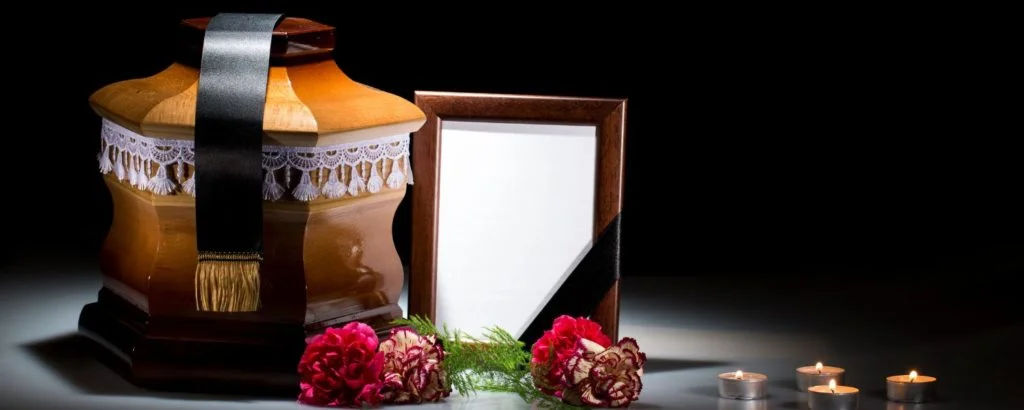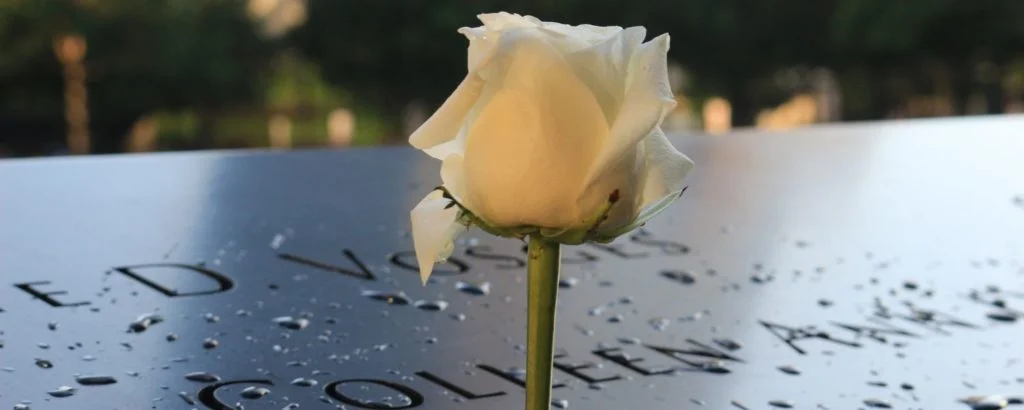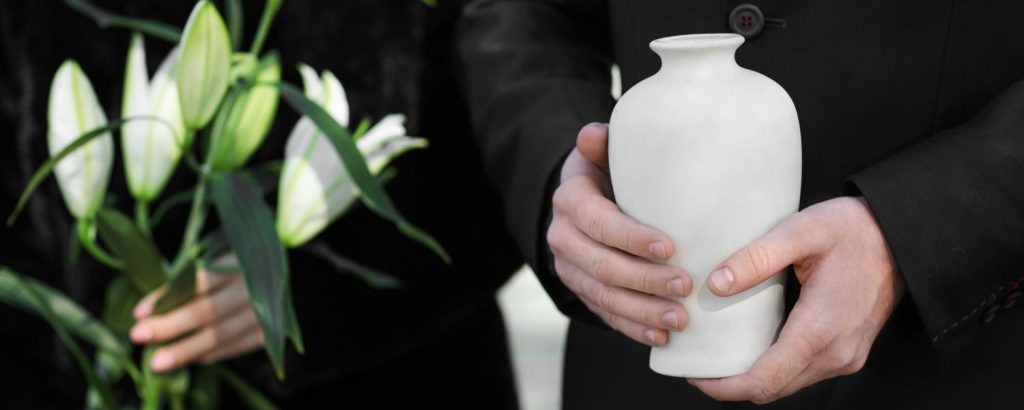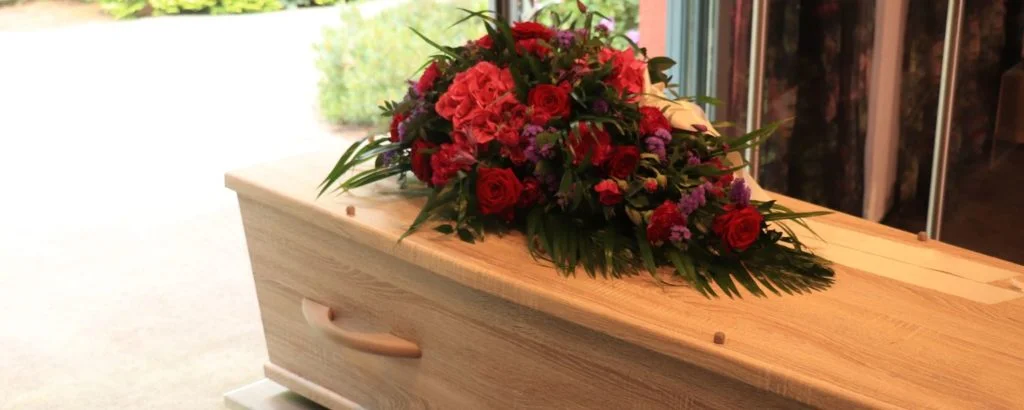
In recent years, cremation services have gained significant popularity as an alternative to traditional burial practices. Preference change can be attributed to various factors, including cost considerations, environmental concerns, and changing cultural norms. This guide intends to give you a clear understanding of what cremation services are all about, including different types of cremation, associated ceremonies, affordability, and the evolving landscape of cremation.
Cremation Services: Exploring the Options

Cremation services encompass a range of options that allow individuals and families to handle the remains of their loved ones in a personalised and meaningful way. One of the most straightforward choices is direct cremation, which involves the prompt cremation of the deceased without a formal viewing or funeral service. Direct cremation offers a streamlined process that can be cost-effective and convenient for families.
Alternatively, families may opt for a cremation ceremony involving a memorial service or funeral before or after the cremation. This ceremony allows family and friends to gather, share memories, and pay their respects. The flexibility of timing and location for a cremation ceremony allows for a more personalised and intimate experience.
Affordable Funerals and Cremation

The rising cost of traditional burials has prompted many individuals to consider more affordable alternatives, increasing the popularity of cremation services. Cremation often requires fewer resources, such as burial plots, caskets, and embalming, making it a more budget-friendly option. Families can save a lot of money by opting for a cremation funeral, which combines traditional funeral elements with cremation, reducing the overall expenses associated with the process.
Cremation-only services provide an even more cost-effective option. In this case, the focus is solely on the cremation process, without additional formalities or ceremonies. Families can choose to hold a separate memorial event or scatter the ashes in a location of significance.
Cremation and Environmental Considerations

Many people are drawn to cremation as environmental concerns grow due to its perceived lower environmental impact than traditional burials. While cremation does involve energy consumption, land use is significantly reduced, and harmful chemicals associated with embalming are not utilised. Furthermore, cremation cemetery provides a sustainable alternative to traditional cemeteries, as the remains can be interred in biodegradable urns or scattered in dedicated memorial gardens.
The Cremation Process: What to Expect

Understanding the cremation process can help individuals and families make informed decisions about the type of cremation service they prefer. The process generally involves the following steps:
1. Preparation
The body is prepared for cremation, which may include removing medical devices or prosthetics.
2. Cremation
The body is placed in a special room i.e. cremation chamber, exposed to high temperatures, typically 800 to 1,000 degrees Celsius. The heat reduces the body to bone fragments and ashes.
3. Cooling and Processing
The bone fragments are allowed to cool before being processed into finer ashes, often called “cremains.”
4. Collection
The cremains are carefully collected and placed in an urn or container of the family’s choice.
5. Disposition
Depending on the family’s wishes, the ashes can be stored in an urn, scattered, interred, or even incorporated into memorial jewellery or artwork.
Cremation Ceremonies: Personalisation and Meaning

Cremation ceremonies offer a wide range of possibilities for personalisation. Families can hold the ceremony at a funeral home, place of worship, outdoor location, or even in their own home. This flexibility allows for creativity in designing a meaningful tribute that reflects the personality and preferences of the deceased.
Music, readings, photographs, and memorabilia can all be integrated into the ceremony to create a unique and heartfelt experience. Some families also opt for a cremation viewing, where the deceased is displayed respectfully before the cremation occurs, providing a final farewell opportunity.
Cultural and Religious Considerations

Cremation has different connotations and practices across various cultures and religions. While it may be widely accepted in some societies, it might be considered taboo or forbidden in others. Individuals and families must consider their cultural or religious background when deciding on cremation services. Many religious institutions have adapted their perspectives on cremation, allowing for more flexibility and acceptance.
The Role of Technology

In today’s digital age, technology has also influenced how cremation services are conducted and memorialised. Online platforms and streaming services allow for virtual participation in cremation ceremonies, enabling friends and family from around the world to be part of the event. Moreover, online memorial websites and social media platforms provide spaces where memories, photos, and condolences can be shared, creating a lasting digital tribute.
Planning Ahead

As with any end-of-life decision, planning can significantly alleviate the stress and uncertainty for loved ones. Preplanning cremation services allows individuals to specify their wishes, select the type of cremation they desire, and even prepay for the services. This proactive approach ensures that the individual’s preferences are honoured and relieves the family from making difficult decisions during a challenging time.
Conclusion
The comprehensive guide to understanding cremation services in end-of-life choices sheds light on the diverse options available. From the simplicity of direct cremation to the personalised touch of a cremation ceremony, this guide has delved into the various choices families can make.
As families navigate these decisions, trusted providers like Swanborough Funeral Services stand ready to assist, offering expertise and compassion during these sensitive times. With changing cultural norms, environmental considerations, and a desire for meaningful farewells, the guide emphasises the importance of informed decisions. In collaboration with dedicated services like Swanborough, individuals can truly honour their loved ones’ legacies.
 "/>
"/>
